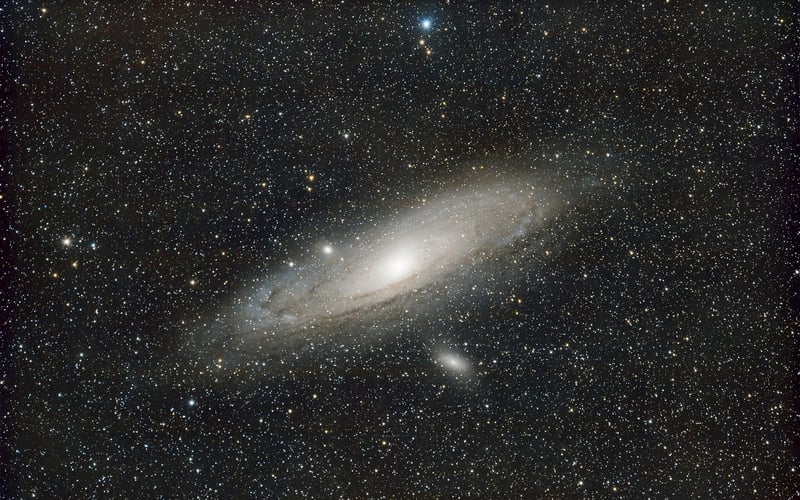Temporal Paradoxes
Understanding Time Laws and Temporal Paradoxes
Time, a concept that has intrigued and puzzled humanity for centuries, plays a crucial role in our understanding of the universe. From the laws that govern its behavior to the mind-bending paradoxes that arise when we explore its intricacies, time is a captivating subject that continues to challenge our perceptions of reality.
The Laws of Time
Time is a dimension that provides the framework for the sequence of events in the universe. It follows certain laws that dictate its flow and behavior:
- Time is Irreversible: Time moves in a single direction, from past to present to future, and cannot be reversed.
- Time Dilation: Time is not fixed and can be experienced differently depending on the speed of an object or its proximity to a massive body.
- Causality: The principle that cause precedes effect, establishing a clear relationship between events in time.
Temporal Paradoxes
As we delve deeper into the concept of time, we encounter various paradoxes that challenge our understanding of its nature:
- Grandfather Paradox: A hypothetical situation where a time traveler goes back in time and prevents their grandfather from meeting their grandmother, thus preventing the time traveler's existence.
- Bootstrap Paradox: An object or information exists without being created, leading to an infinite loop of cause and effect.
- Predestination Paradox: Events in the past are influenced by time travelers from the future, leading to a self-perpetuating cycle.
Conclusion
Time laws and temporal paradoxes offer a fascinating glimpse into the complexities of the universe and the limitations of our understanding. While we may not have all the answers, exploring these concepts allows us to appreciate the mysteries of time and the profound questions they raise about our existence.
For more information on time laws and temporal paradoxes, you can explore resources from reputable sources like Space.com and Scientific American.


